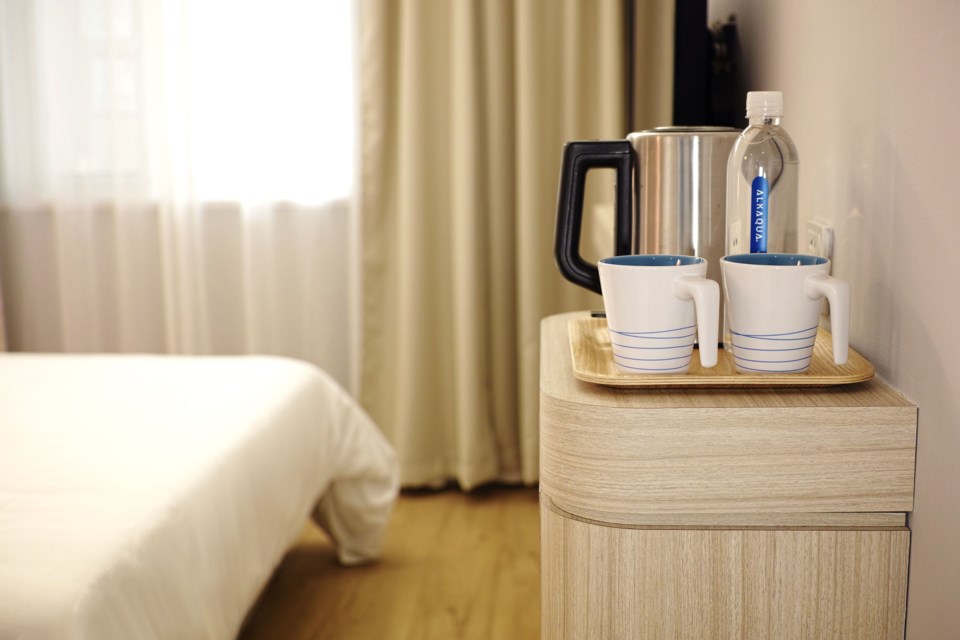2018 is shaping up to be among Metro Vancouver’s most successful years in terms of attracting Chinese tourists, if numbers from one local hotel are any indication.
Holiday Inn Vancouver-Centre officials said the hotel on West Broadway is currently seeing a 400 per cent increase in guests from China so far this year when compared with the figure last year. And while general manager Simon Lam attributed part of the success to 2018 being designated the Canada-China Year of Tourism by the two countries, he also noted an acute effort by the management of Intercontinental Hotels Group (IHG) - who runs Holiday Inn Vancouver - to cater more specifically to that demographic in the last few years.
“Just today alone, we have seven different families from China checking in with us,” Lam said. “We have been participating in IHG’s ‘Zhou Dao’ program since it was just a pilot in 2014, and based on the comments we’ve received, Chinese guests have mentioned that they felt more at home with some of the things we’ve included.”
“Zhou Dao” - “thorough” or “comprehensive” in Mandarin - is IHG’s initiative to be more “China-ready” in its services. The hotel chain currently runs the program at five properties that also includes the InterContinental Toronto Centre, InterContinental Montreal and Candlewood Suites Calgary Airport North.
The program entails a number of aspects that targets the Chinese demographic: having Mandarin speakers manning the reception at all times, cultural training for the entire staff, Chinese food items in the breakfast buffet and minor details like including a hot-water kettle in every room. (The Chinese culturally prefer warm water to ice water, and many popular Western drinks that are iced in Canada - such as orange juice - can be found in warmed versions in China.)
Lam added that - with Chinese consumers now among the world’s most prolific adopters of e-commerce - the hotel is now exploring setting up mobile-payment options like WeChat Pay and Alipay, the Chinese competitors to western mobile payment platforms like Apple Pay. The end goal is to entice more visits by Chinese guests, who officials say tend to stay longer and spend more on any given stay.
“On average, guests from China stay 4-6 days, versus guests from elsewhere in B.C. staying up to three days,” Lam said. “It takes a long time to travel here from China, so they tend to stay longer to maximize their enjoyment of the destination, and that comes with increases in spending as well.”
Canadian officials such as John McCallum, Canada’s ambassador to China, have repeatedly stressed the need for Canada’s tourism industry to be more China-ready this year, given the elevated status Chinese media outlets are giving to Canada as a promoted travel destination – an effort linked to the Year of Tourism designation. Last year, of the record-breaking 10.3 million visitors to Vancouver, 300,172 originated from China - up 7.1 per cent from 2016, according to Tourism Vancouver.
Other than Canada (6.07 million) and the United States (2.41 million), no other country comprised a larger portion of Vancouver’s total visitors count.



